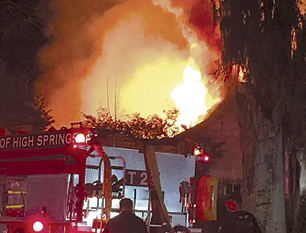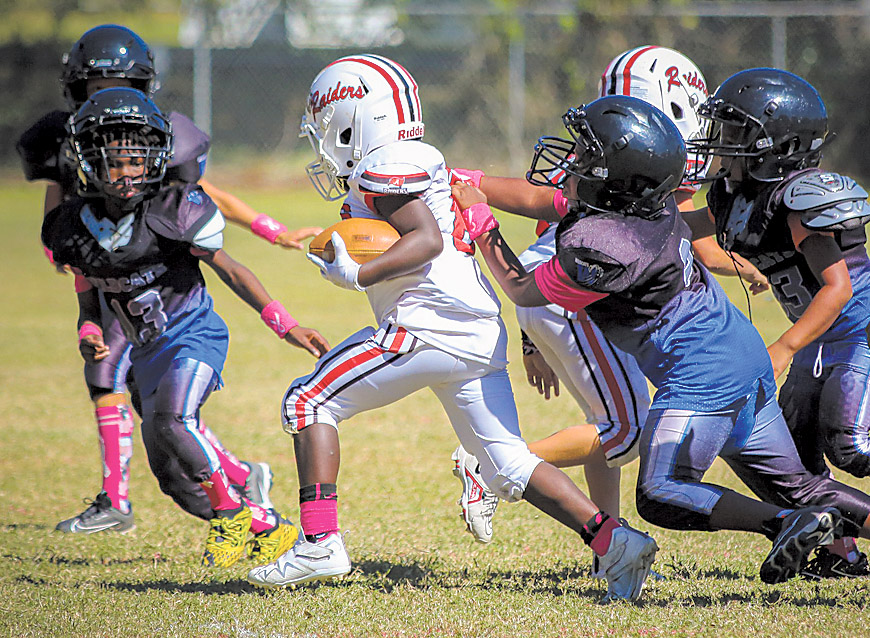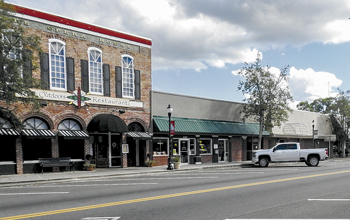ALACHUA County – The COVID-19 virus continues to impact Florida. On April 14, the State Health Department confirmed there were 21,628 cases, an increase of 1,027 from the previous day, with an additional 111 deaths for a total of 585 deaths. The effect on the economy and businesses has been catastrophic. For many small businesses, staying closed for any length of time with no revenues could use up whatever capital and reserves the owners have and doom the business.
Southeast Florida has been the hardest hit, but there are 626 cases in North Central Florida, including 196 in Alachua County. Although increasing daily, one of the reasons that Alachua County has been able to slow the increase is because of the early “stay-at-home quarantine” requirements imposed by the county. These requirements that canceled all events over 10 people and required closing all non-essential businesses weeks before Florida Governor DeSantis made it mandatory throughout the state. These self-isolation techniques have been shown to slow the rate of transmission in other parts of the country.
Financial Assistance Available
The Federal government has passed a $2 trillion stimulus package that is unprecedented in its sheer scope and size, touching on every facet of American life with the goal of salvaging and ultimately reviving a battered economy.
The legislation will send direct payments of $1,200 to millions of Americans, including those earning up to $75,000, and an additional $500 per child. It would substantially expand jobless aid, providing an additional 13 weeks and a four-month enhancement of benefits, and would extend the payments for the first time to freelancers and gig workers.
While this will help Americans get by for a month, much more is needed for struggling businesses. The bill also offers $377 billion in federally guaranteed loans to small businesses and established a $500 billion government lending program for distressed companies reeling from the impact of the crisis.
Additionally, the U.S. Small Business Administration (SBA) is offering low-interest federal disaster loans for working capital to Florida small businesses suffering as a result of the Coronavirus (COVID-19). SBA acted under its own authority, as provided by the Coronavirus Preparedness and Response Supplemental Appropriations Act that was recently signed by the president to declare a disaster. Any state that is declared in a state of emergency or disaster area gets access to more federal funds for both business and medical operations.
Small businesses, private non-profit organizations of any size, and small agricultural operations may qualify for Economic Injury Disaster Loans of up to $2 million to help meet financial obligations and operating expenses to help overcome the temporary loss of revenue from the COVID-19 pandemic. The interest rate is 3.75 percent for small businesses and the SBA offers loans with long-term repayments up to a maximum of 30 years.
However, many smaller businesses also had to lay off staff, bringing the unemployment rate to record highs. Florida’s CONNECT unemployment site has been answering only two percent of the thousands of calls received, with wait times averaging more than six hours. Florida Small Business Emergency Bridge Loan Program is an additional program to support small businesses. The program, managed by the Florida Department of Economic Opportunity (DEO), provides short-term, interest-free loans to small businesses. On April 14, the DEO website states it is continuing to review applications that were received online or postmarked by Monday, April 13, 2020 and will continue to process loans for Florida businesses affected by the economic impacts of COVID-19 until available funds are expended.
A common problem is that all of these applications and receipt of funds take time, possibly months due to the numbers of people applying for assistance. For many small businesses, restaurants and bars, the current loss of income can be irreversible.
Local Business Scene
Locally, many businesses are reinventing the way they reach customers and make sales. Many have turned to internet sales and social media, giving the customers the option to shop online and order items for pick up or delivery.
Tina Lanza, who owns Lanza Gallery and Art supplies in High Springs, has turned to the internet and Facebook to make customers aware of her products and offers suggestion about what supplies work best with each art medium. Each item ordered is wiped down with antiseptic wipes and delivered to the customer curbside outside her store. Although it has been a struggle to transition from the traditional storefront sales, Lanza is seeing the business pick up. River Run, an olive oil store, is also using the internet, offering recipes and food/wine pairing suggestions for their various oils.
The High Springs Brewing company was a popular night spot with handmade craft beers, food trucks and entertainment until Alachua County closed all restaurants and nightclubs, as well as all live entertainment. The brewery was eligible to sell sealed packaged drinks for consumption off site, and they are open 4 p.m. - 8 p.m. six days a week to sell cans and large bottles of their beer. Although the take out business only produces about 50 percent of their usual income, it is enough to cover operating expenses and staff so they can continue to produce some revenue.
Some of the hardest hit businesses are restaurants and bars. Limited to only offering take out or delivery, many restaurants had to dramatically reduce staff and some closed in the hopes that the closing would not be long. Other restaurants opted to offer take-out orders only. For some, like Brown's Restaurant in Alachua, it proved to be unprofitable and they decided to close. Others, such as Mi Apa and the restaurants on Main Street in Alachua continue with varied success. In High Springs, several eateries such as El Patio and Spins are offering takeout for lunch and dinner. In Newberry, Woodyard Grill is offering daily specials in addition to their full menu for takeout.
Despite the limitations of stay at home, many people welcome an occasional chance to get out of the house for someone else's cooking, especially if they have special dietary needs or lifestyle.
Bambi's Country Market and Cafe in High Springs specializes in vegetarian dishes and micro biotic cooking and has a loyal clientele. “We have actually seen a very small drop in our business although we have cut back our operating hours to 6 p.m. to 7:30 p.m. on Wednesdays and Thursdays and 11a.m. to 5 p.m. on Fridays and Saturdays. We also are doing a fresh produce market on Friday of vegetables we grow on our farm,” said owner Bambi Liss.
The have set up a drive through service for people to order and pick up. “I think one of the reasons it [business] is steady is that with this virus, people are realizing that healthy eating can help build the immune system and prevent infections. We are even offering an immune boosting soup designed specifically to help boost heart, circulatory and airway strength as well as the immune system. In this time of the pandemic there is a lot people can do with their diet to help improve their health,” said Liss.
# # #
Email rcarson@
alachuatoday.com
Local Businesses Reeling from Shutdown
Tools
Typography
- Font Size
- Default
- Reading Mode


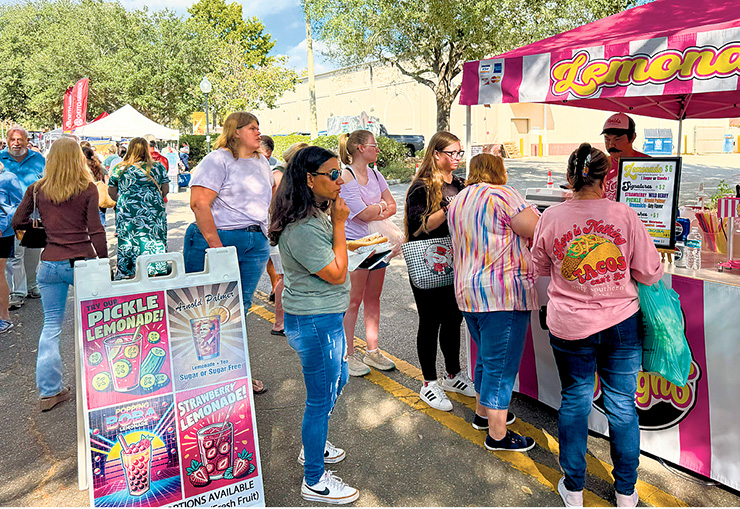

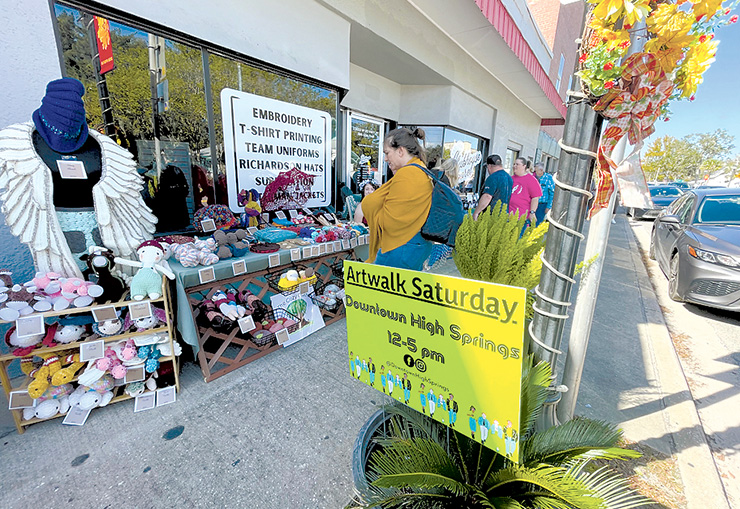
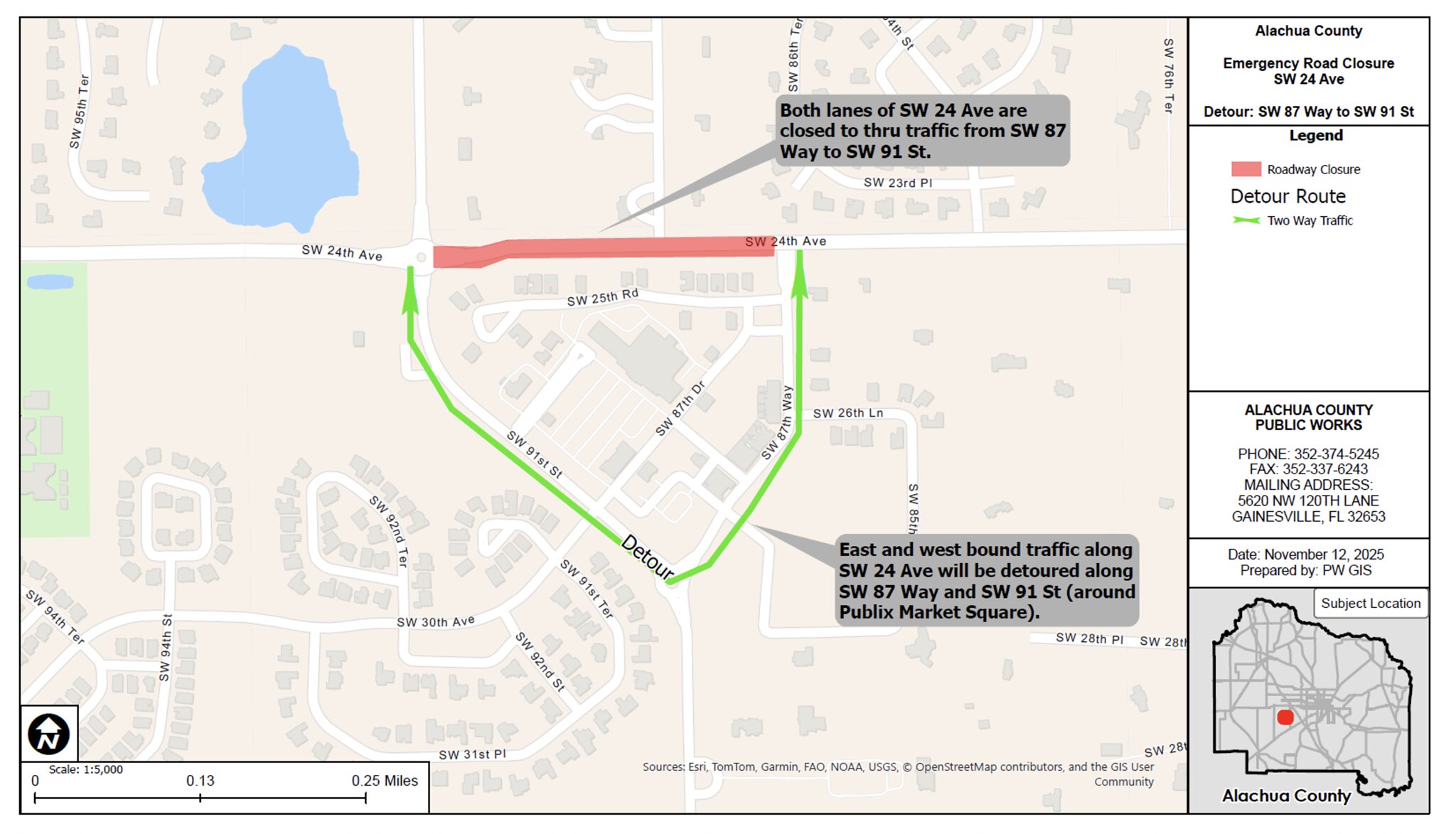







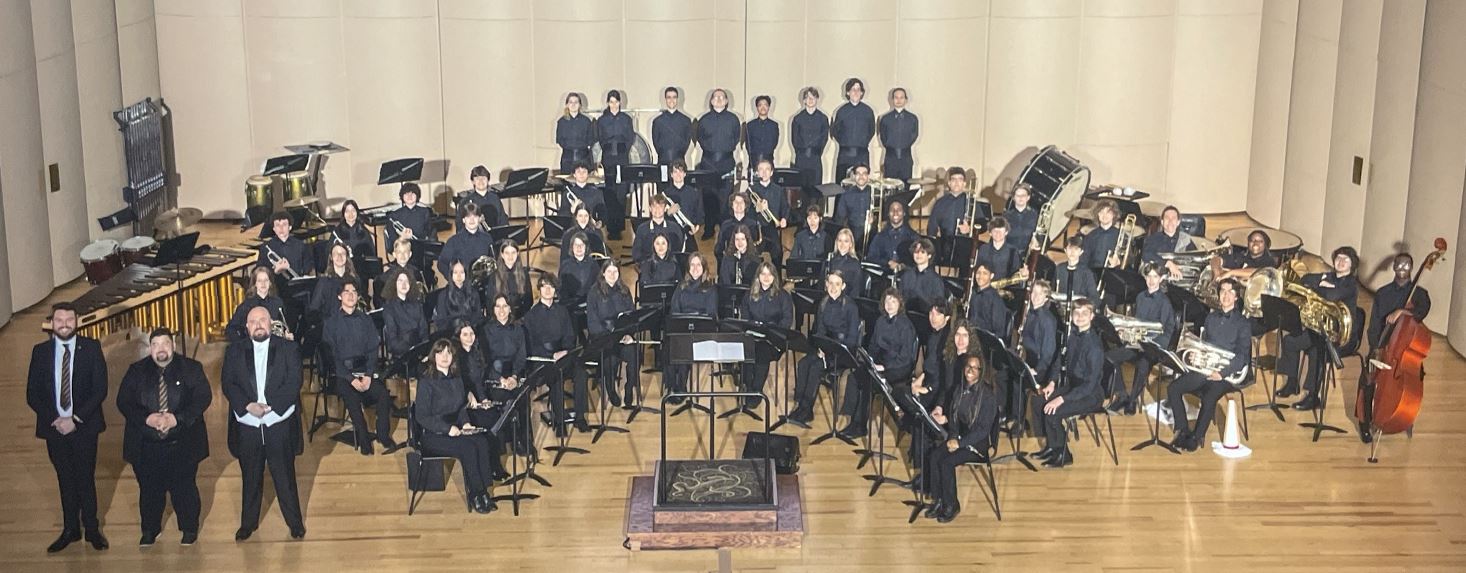
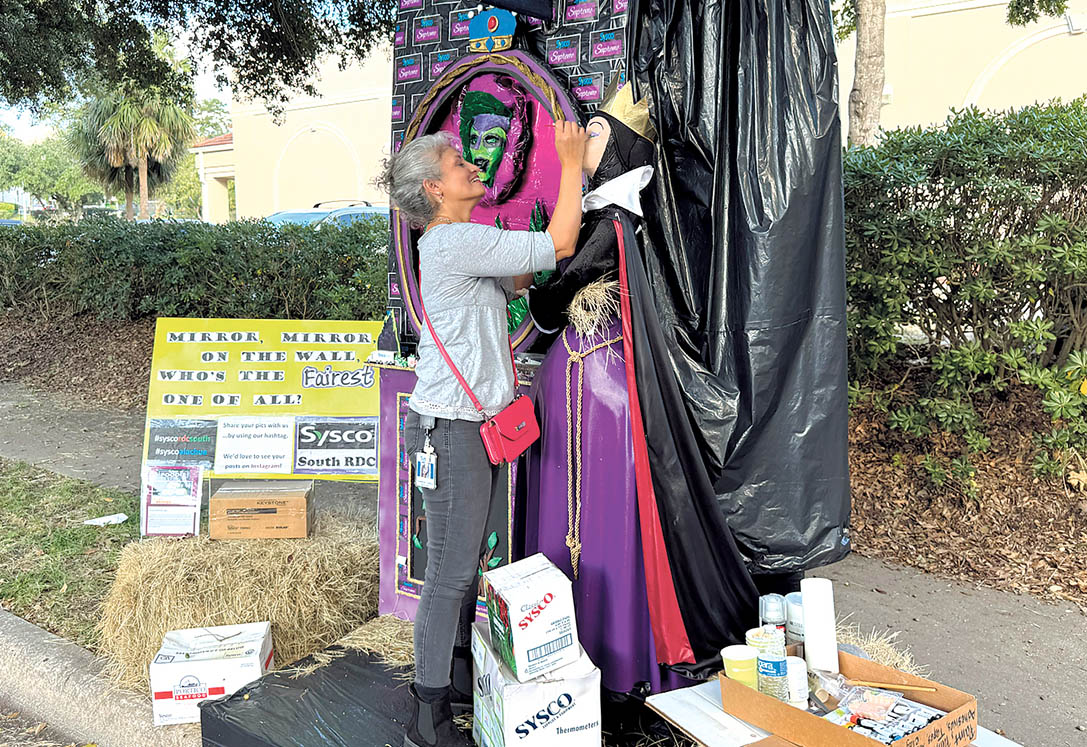

 Everyone taking prescription medications should be aware of essential safety practices. Here are six tips to help ensure you are taking your medicine correctly and safely:
Everyone taking prescription medications should be aware of essential safety practices. Here are six tips to help ensure you are taking your medicine correctly and safely:
